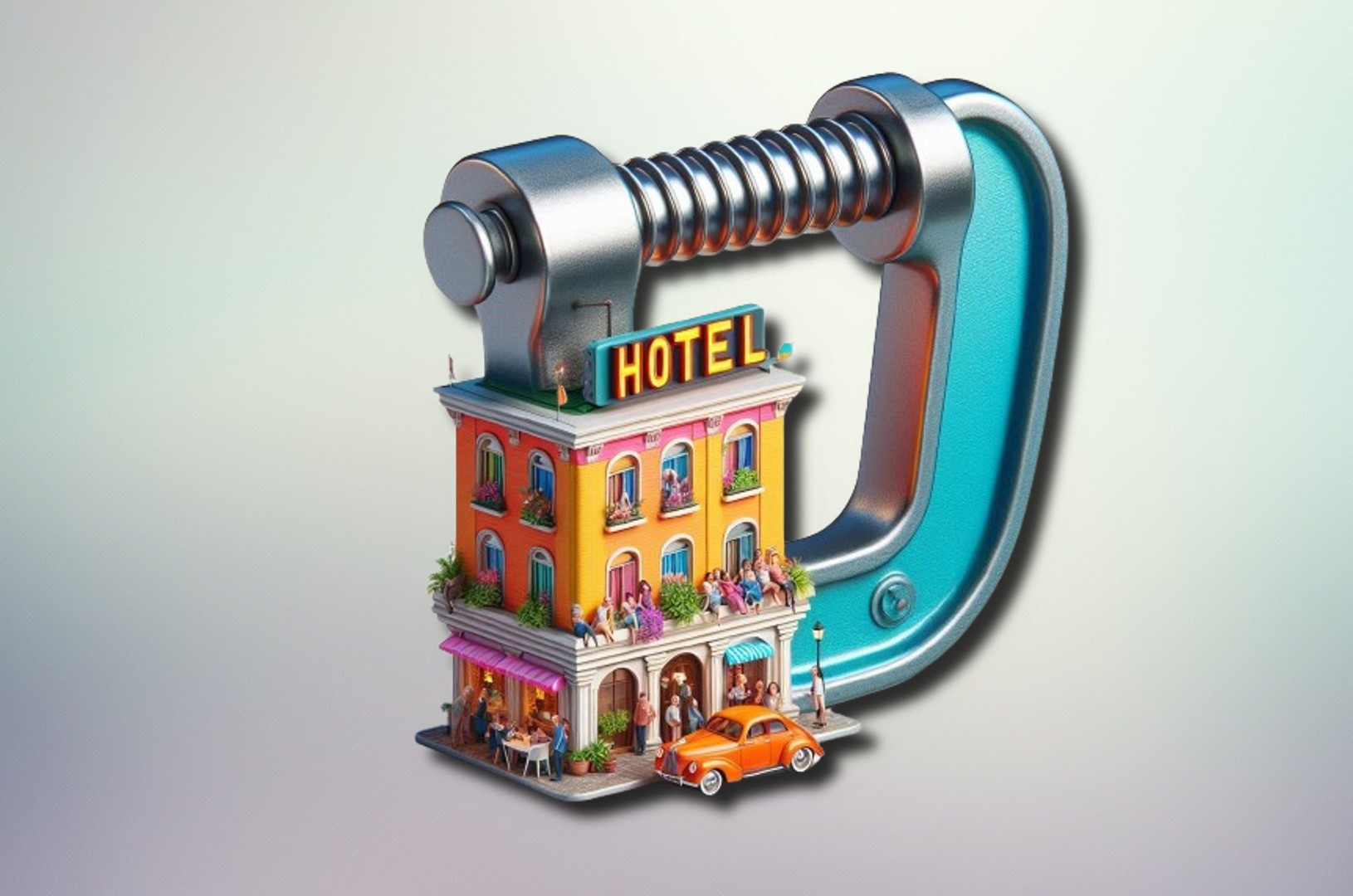The Hospitality Industry Is Under Pressure: Burnout, Outdated Training and Declining Tips

The hospitality industry is undergoing rapid changes, leaving frontline managers to grapple with numerous challenges. A recent Axonify survey of 500 U.S. hospitality managers revealed that nearly half (47%) are experiencing burnout due to the increasing demands of their jobs. This issue extends beyond managers, as 68% of them reported that their teams are also suffering from burnout, and 64% noted that employees have left their roles specifically because of this overwhelming stress.
Burnout in the hospitality industry is exacerbated by several key factors. High stress levels were cited by 73% of managers, followed by understaffing at 70%, and long working hours at 67%. Additionally, over half of the respondents pointed to the volatility of customer interactions and the lack of support for stress management as significant contributors. Surprisingly, 54% of managers reported that their companies do not provide adequate mental health and well-being training for their employees, further compounding the problem.
Declining tips are also adding to the frustrations faced by hospitality workers. According to the survey, 61% of managers observed a drop in the average tip amounts left by guests this year. This decline is not just a financial issue; it is also leading to emotional reactions from workers, with nearly half (49%) of them quitting, 47% leaving shifts early, and 46% having emotional outbursts. The situation is so dire that 41% of workers have taken to social media to voice their frustrations.
The survey also highlighted the need for stronger training programs in the hospitality industry. A significant portion of managers (38%) admitted that they and their staff frequently encounter situations for which they feel unprepared or inadequately trained. Additionally, 19% of managers stated that their current training programs do not effectively engage or motivate employees. This lack of engagement is contributing to a cycle of dissatisfaction and turnover, which is further destabilizing the industry.
In response to these findings, Axonify's CEO, Carol Leaman, emphasized the need for companies to adopt modern, agile training approaches that keep employees engaged and motivated. Leaman stressed that traditional methods of training and employee engagement are no longer sufficient in today's fast-paced environment. To address these challenges, companies must prioritize dynamic, continuous learning programs that empower frontline workers to meet the evolving demands of their roles and ensure long-term industry stability.














